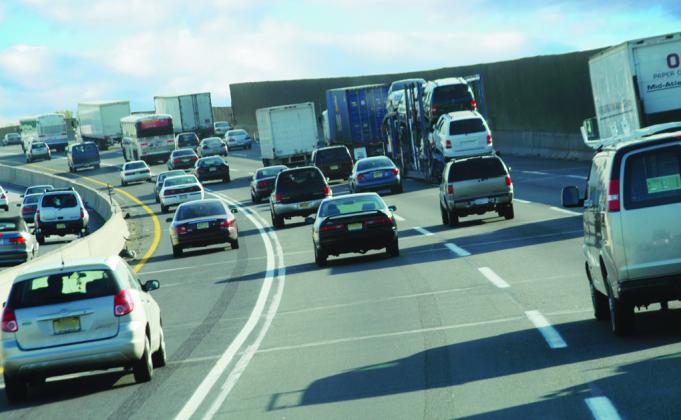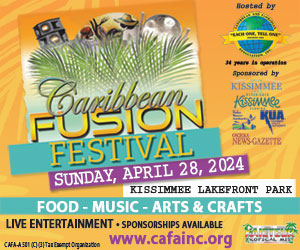Thanksgiving holiday travel in Florida is expected to drop by more than 5 percent this year, according to AAA – The Auto Club Group.
In Florida, the expectation is 2.8 million travelers. However, those figures could be even lower as Americans monitor the public health landscape, including rising COVID-19 positive case numbers, renewed quarantine restrictions and the Centers for Disease Control and Prevention’s (CDC) travel health notices.
Nationwide, AAA forecasted that fewer Americans will travel for Thanksgiving this year, due to the COVID-19 pandemic. Health concerns and unemployment are the key factors in what is expected to be the lowest Thanksgiving travel volume in four years, and the largest yearly decline since the Great Recession.
AAA projects 50 million Americans will travel this Thanksgiving.
“AAA acknowledges that the decision to travel is a personal one,” said Mark Jenkins, spokesman, AAA – The Auto Club Group. “The CDC says staying home is the best way to stop the spread of COVID-19. For those who still decide to travel, we urge you to take every precaution possible to protect yourself and others.”
For Americans who make the personal decision to travel for the holiday, it is important to know the risks involved and ways to keep yourself and others safe. In addition to CDC guidance, travelers should also be aware of local and state travel restrictions, including testing requirements and quarantine orders.
What to know before you go:
Plan ahead
Check with state and local authorities where you are, along your route, and at your planned destination to learn about local circumstances and any restrictions that may be in place.
Follow public health guidance
Consistent use of facemasks combined with social distancing (at least 6 feet) and regular handwashing are the best ways to lower your risk of contracting COVID-19. Be sure to pack facemasks, disinfecting wipes, hand sanitizer and a thermometer to help protect and monitor your health. Also pack water and extra snacks to reduce the need to stop along your trip.
Hotels
Prior to any hotel stay, call ahead to ensure your hotel is open and ask what precautions they are taking to protect guests. Ask about social distancing protocols like capacity reductions in common spaces, hotel staff requirements to wear masks at all times and if all amenities are available, like restaurant dining. For added peace of mind, visit AAA.com/Travel to search AAA Diamond Rated properties that earned AAA’s Best of Housekeeping Awards.
Car rentals
If renting a car, ask what has been done to clean the vehicle. Hertz, for example, has introduced Hertz Gold Standard Clean, an enhanced vehicle disinfectant and sanitization process. For extra peace of mind, use disinfecting wipes to wipe down door handles, steering wheels, shifters and control panels.
Wednesday is busiest day on the roads
The highest volume of traffic will be Wednesday afternoon, according to AAA’s partner INRIX – the global leader in connected car services and transportation analytics. Although traffic volume is expected to be less than in years’ past, travelers in major urban areas will experience increased delays at popular bottlenecks, up to 30 percent above normal pandemic congestion levels.
“Though fewer people will be traveling this Thanksgiving, we expect more holiday drivers than we had over the last few holidays during COVID-19,” said Bob Pishue, transportation analyst at INRIX. “Drivers should plan alternate routes and departure times to avoid traffic jams."
Road trippers to find lower gas prices this year
Those who decide to hit the road for the holiday will find cheaper gas prices than last year. On average, US gas prices are nearly 50 cents lower than last Thanksgiving. The national average was ($2.11) per gallon on Thursday. Thanksgiving gas prices haven’t been that low since 2015.
“Thanksgiving gas prices should remain lower than last year, but drivers shouldn’t be surprised if they inch higher in the coming weeks,” Jenkins said. “The fuel market is excited about the news of a possible coronavirus vaccine and the hope of an eventual return to normalcy. Crude oil and wholesale gasoline prices both increased this week, which should stop gas prices from falling much further.”



